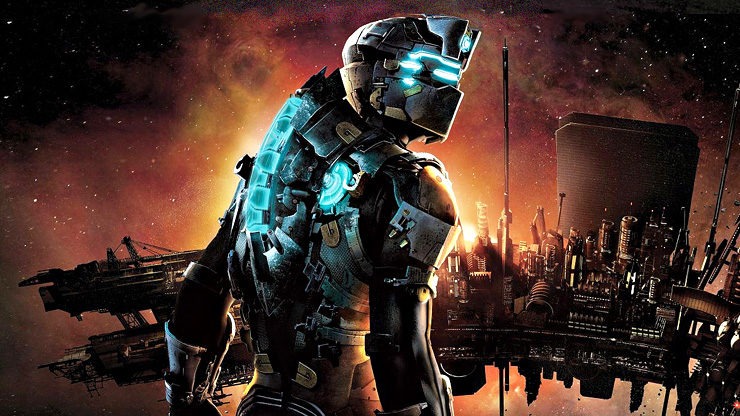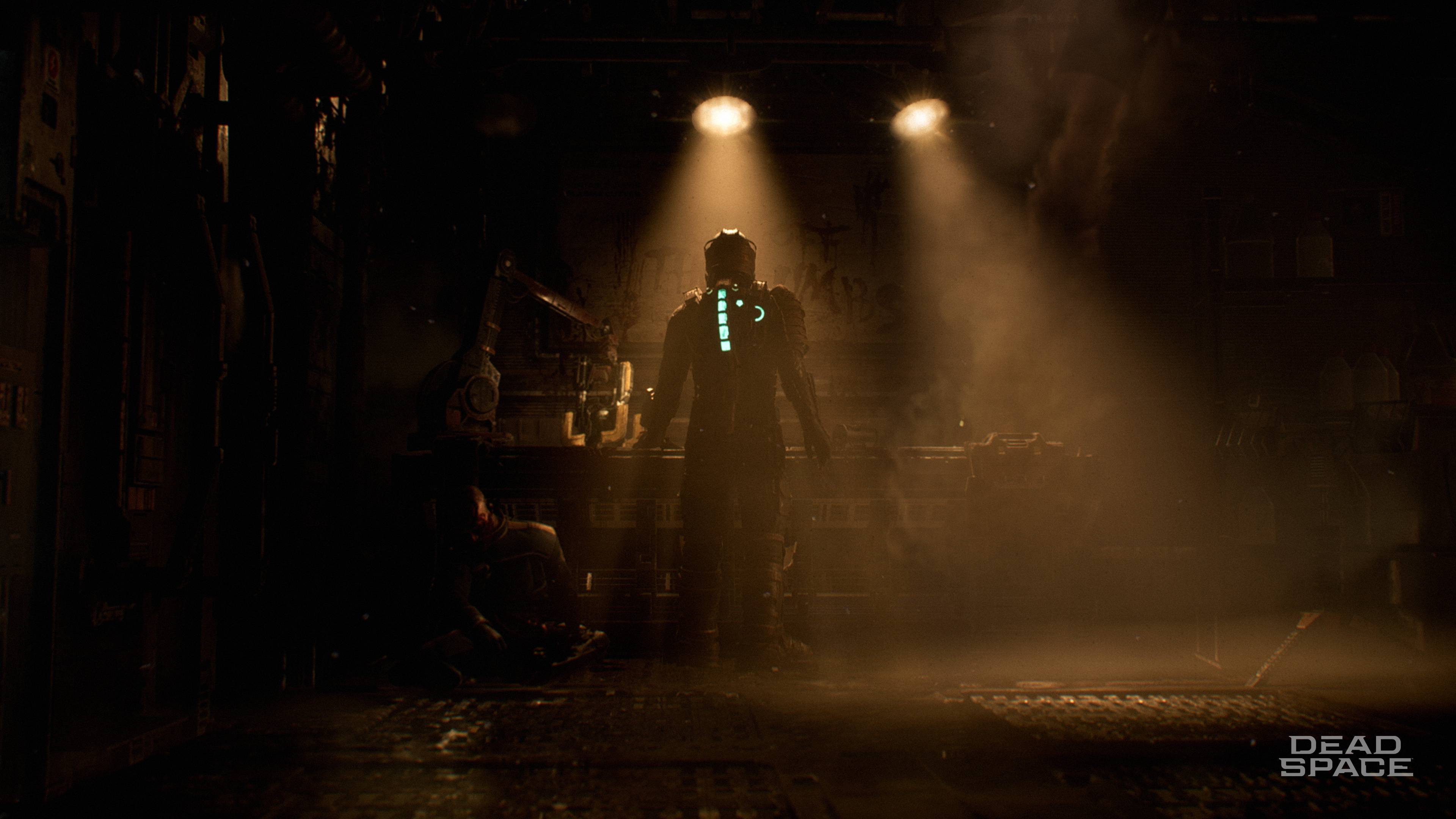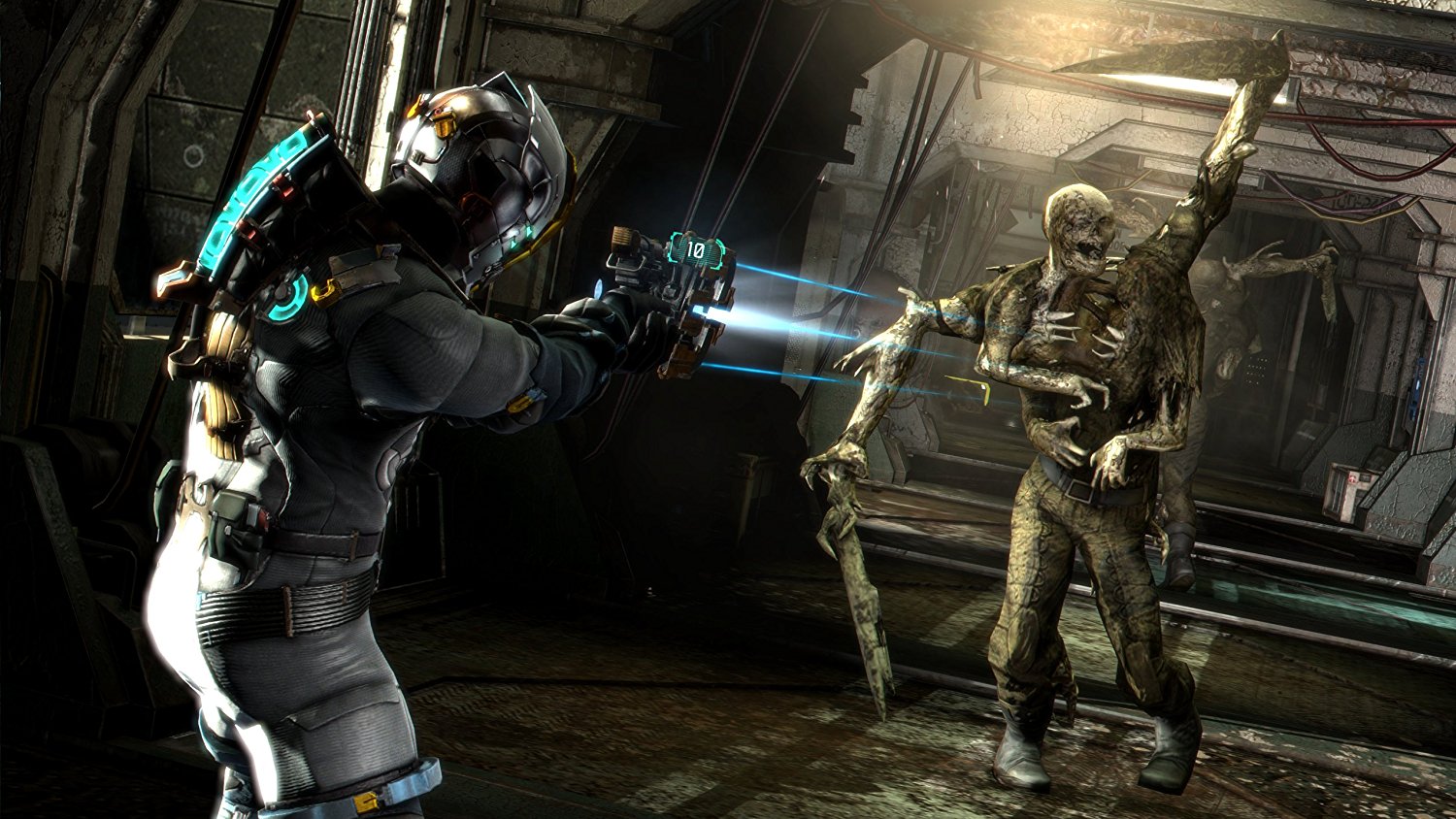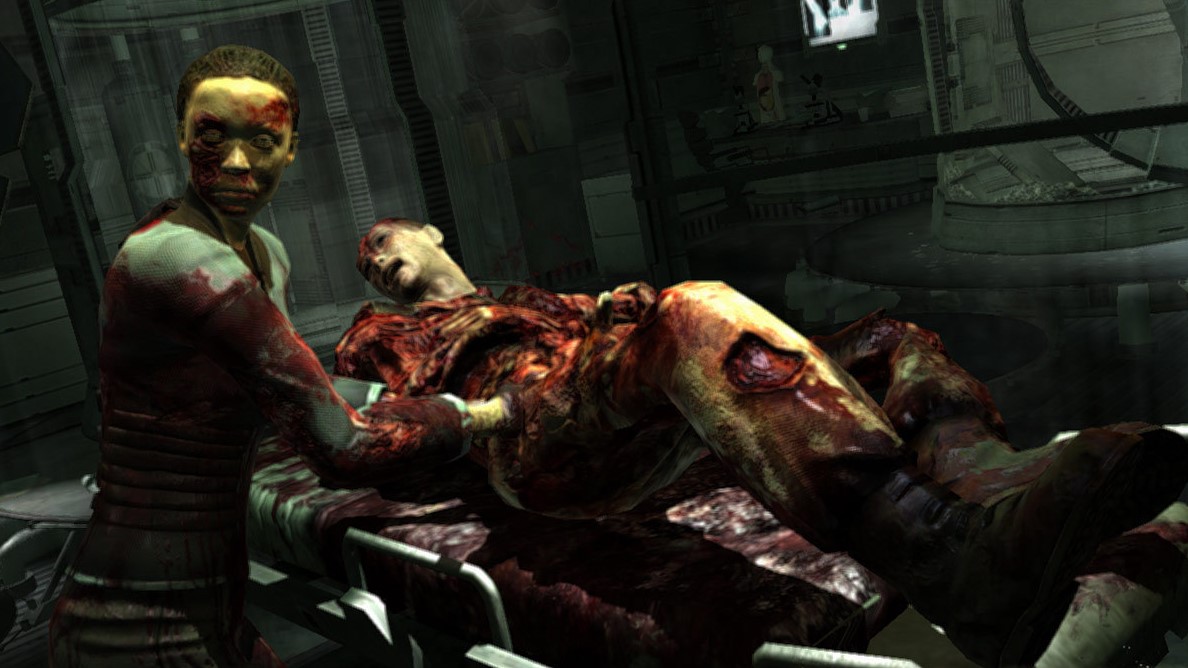
EA finally announced the long-rumored Dead Space remake during its EA Play Live 2021 showcase on July 22, revealing the return of the sci-fi horror classic with an atmospheric (but brief) teaser trailer.
This revival will see the first Dead Space completely rebuilt from the ground up. Using the original game as a foundation, the Dead Space remake is set to harness both the power of the latest Frostbite game engine and the new console generation to offer “jaw-dropping visual fidelity” and gameplay improvements.
It’s an exciting prospect and I, for one, can’t wait to see what developer EA Motive has up its sleeve. After all, it's the perfect time for a Dead Space remake.
- Best horror games 2021: the scariest games to play on console and PC
Greater horror immersion

Game development technology has come a long way since the first Dead Space game was released back in 2008. The sci-fi horror classic still holds up, I can attest to that having first jumped into the series only last year, but it undoubtedly suffers from feeling somewhat outdated with its occasional clunky controls and janky creatures.
"Imagine if EA Motive chooses to utilize volumetric light or ray tracing, adding depth to these shadowy corridors and casting the lighting to make the sense of space feel smaller than before – more cramped – making you feel more vulnerable. The idea of it both fills me with dread and anticipation."
With the Dead Space remake set to arrive solely on PS5, Xbox Series X/S and PC, EA Motive has an opportunity to, not only address these old issues, but to create a more immersive experience than the original game could have ever offered - and modern technology is the key to that.
The cornerstone of Dead Space’s fear factor is its atmosphere. The corridors of the USG Ishimura are often dingy and claustrophobic, with Necromorphs lurking within shadowy crevices, ready to pounce from the inky darkness. But imagine if EA Motive chooses to utilize volumetric light or ray tracing, adding depth to these shadowy corridors and casting the lighting to make the sense of space feel smaller than before - more cramped - making you feel more vulnerable. The idea of it both fills me with dread and anticipation.
This becomes an even more terrifying prospect when I consider the prospect of higher-resolution Necromorphs, upgrading the original Dead Space’s almost mutant-like adversaries into more visually realistic nightmare fuel. After all, the latest Frostbite engine is allowing EA to create its most realistic faces yet. Just imagine the dead-eyed Lurker cornering you with its muscley, skinless tentacles.
Get daily insight, inspiration and deals in your inbox
Sign up for breaking news, reviews, opinion, top tech deals, and more.
But visuals are only part of a brilliant modern horror experience. The latest console hardware has opened up the possibilities for an element even stronger than that: audio. Both the Xbox Series X and PS5 have their own spatial audio support, if a developer chooses to utilize it - and, when it comes to a horror game, it would be ludicrous not to. Spatial audio in a horror game can be a truly immersive feature and, when used properly, can prey on your heightened awareness to ensure you are in a constant state of unease. The fear lies in what the audio suggests you might see, rather than what’s in front of you
Resident Evil Village utilized PS5 audio support brilliantly, particularly in its Beneviento sequence, feeding players a plethora of unidentifiable sounds that added unpredictability to the atmosphere and - at times - distracted them from what was actually coming.
I’m hoping the Dead Space remake does something similar, allowing players to hear every groan and creak of the USG Ishimura’s dying frame, and the hurried scampering of the Swarm as they chase you down a corridor. On second thought, maybe don’t make Dead Space more immersive, please...
A smoother experience

While I’m (reluctantly) hoping that EA Motive will utilize the power of the latest console hardware to add to the overall immersion, I’m equally hoping for some overall gameplay improvements.
At times, navigating the weapons wheel and controls of Dead Space can feel clunky and oddly mapped, making it hard to quickly jump between weapons while in the middle of combat. I’m expecting that smoother gameplay mechanics will be at the top of EA Motive’s to-do list, bringing Dead Space’s general playability up to a modern standard that prevents an immersion break as you try to switch your Plasma Cutter to your Pulse Rifle.
But while the possibility of an updated weapon wheel system remains to be seen, we do know that the Dead Space remake’s performance will naturally benefit from the super-fast SSDs built into both the PS5 and Xbox Series X, allowing for significantly faster loading times - which is particularly handy when using the shuttle to travel between areas of the Ishimura.
According to the game's Creative Director Roman Campos-Oriola, the idea is to create a fully seamless game - one that never pulls you out of the experience and can be played without any disruptions. That's something that couldn't be done on consoles before the Xbox Series X and PS5, and could play a key role in keeping you immersed in the action from start to finish.
A revolting renaissance

The Dead Space revival looks to take a leaf from Capcom’s book, which has had considerable success remaking both Resident Evil 2 and Resident Evil 3 in recent years. Capcom has shown that breathing life into a veteran franchise with modern technology works and it’s allowed the Resident Evil series to remain a mammoth in the gaming sphere. Capcom’s success has even fueled hopes of a Silent Hill reboot in a similar vein.
EA Motive is presented with a similar opportunity, but the leap in technology from last-gen to this gen means has created incredibly fertile soil for a truly immersive, modern horror experience - that wouldn’t have been possible before now. It’s the confluence of new technology, better gameplay mechanics and a renewed interest in the horror genre that could really make the Dead Space remake reach new levels with a new generation of gamers.
Let’s just hope the Dead Space remake lives up to expectations.
An award-winning games journalist, with seven years of experience in games journalism and a degree in journalism from City University, London, Vic brings experience from IGN, Eurogamer, The Telegraph, VG247, Dot Esports and more to the TechRadar table. You may have even heard her on the radio or speaking on a panel, as she’s previously appeared on BBC Radio 4, BBC Radio 5, BBC Radio Ulster and more. Not only is Vic passionate about games, but she's appeared on both panels and podcasts to discuss mental health awareness. Make sure to follow her on Twitter for more.